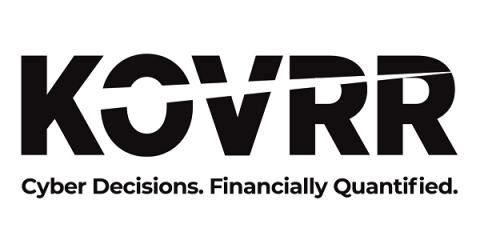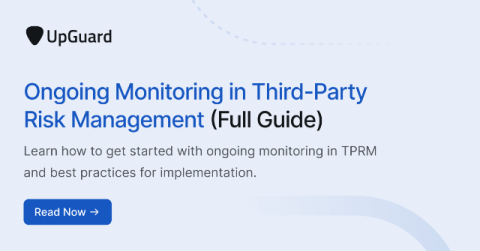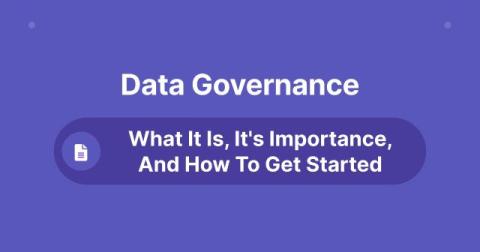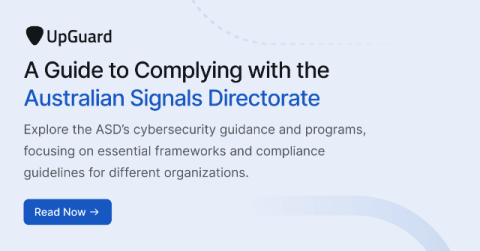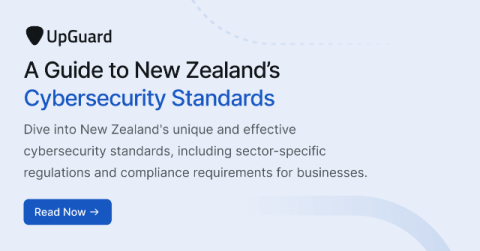Getting started with Continuous Threat Exposure Management (CTEM)
AI risk and security management is unsurprisingly Gartner’s number one strategic technology trend for 2024. But you might be less familiar with number two: Continuous Threat Exposure Management (CTEM). Coined by Gartner in 2022, CTEM isn’t just another buzzy acronym – it’s a powerful process that can help continuously manage cyber hygiene and risk across your online environment.



